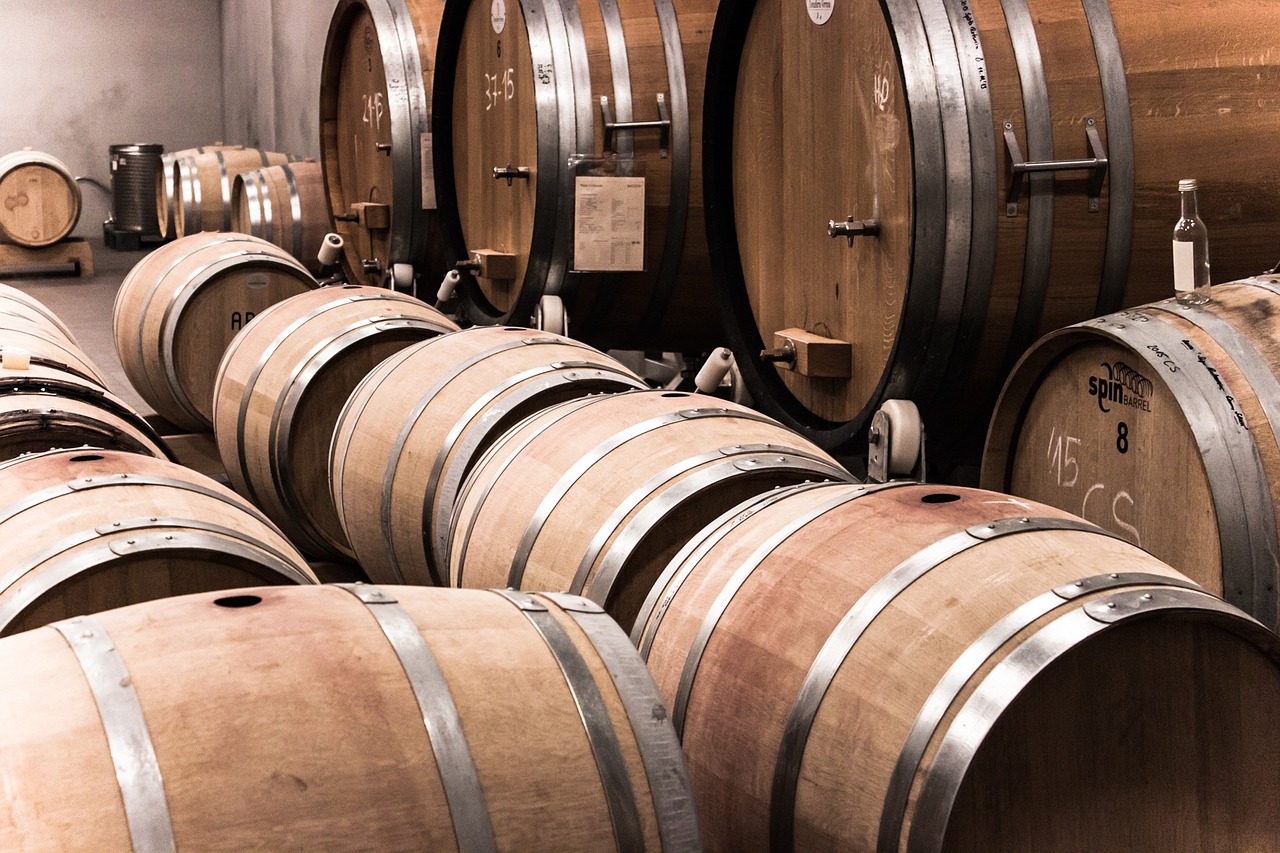How Whiskey Ages
How Whiskey Ages, Aside for a few exceptions such as corn whiskey is always matured in oak casks by definition. Why mature as in age it at all, and why do some age it for so long?
Once whiskey has been distilled it is called by many names such as moonshine, lightning, new-,and white-dog to name a few. At this stage the alcohol has a sharp and less-than-palatable flavors that need to be removed. Further these sharp tastes are also what causes strong hang overs a well.
What The Barrel Does
Barrel aged whiskey is smooth and will not lead to as drastic hang over if any at all. Reason being these sharp tastes are what is called the heads which is the first part that comes out of the still meaning it evaporates at the lowest level and therefore evaporates first from the barrel.
Further as the whiskey matures the oak’s grain and chemical composition and the lack of knots and sap allow it to remove impurities and sour notes from newly distilled whiskey it will ad favorable aromas and flavors.
Whiskey Why So Many Years
Each year whiskey spends in an oak cask deepens both its color and further develops its flavor though care must be taken that it doesn’t start tasting like oak.
Most Scottish single malts for example are kept in barrels for 5–10 years before bottling.
Bourbon Much less the difference besides for culture is also in the barrel bourbon always aged in a newly charred barrel will be enveloped with flavor much faster then the Scottish style whiskey which is always in a second or third fill barrel.
Climate plays its part too in warmer regions, whiskey interacts rapidly with the wood and matures much faster.
In humid areas such as Scotland more alcohol is lost during maturation as opposed to low-humidity regions, such as Kentucky where water evaporates leaving a higher alcoholic content.
Whiskey lost through evaporation is called “the angels’ share”. This can be from anywhere between 2 per cent to as high as 15 percent in hotter climates of the volume and alcohol content.
Why Oak
Other woods such as maple or hickory are sometimes, though rarely, used for maturing whiskey. Reason being most countries by law specify the use of oak as a legal requirement to be called a whiskey.
Oak is abundant, waterproof, strong, flexible, and hard-wearing. Plus, it has the right quantities of bitter tannins and acidic vanillins to ensure a balanced flavor profile. The vanillins, in particular, help to give many whiskies a vanilla-like flavor. But oak on its own is notenough.
Not all oak species are suitable for whiskey-making.
The most common varieties are:
- Quercus alba, or American white oak;
- Quercus robur, the European oak, often from France and northern Spain;
- Quercus mongolica, or Japanese mizunara oak.
- Spanish oak when using sherry or port cask
Stay tuned for further articles on barrels we will devote an entire book on barrels that s how complex it is!
You Like Our Articles So Try Our Vodka
Great Recipes for You to Check Out!
- Strawberry Basil Kombucha
- Pumpkin Liqueur Recipe D.I.Y.
- Jackfruit Liqueur Recipe D.I.Y.
- Cucumber Gin Liqueur Recipe
- Carrot Liqueur Recipe D.I.Y.
- Wall Germander Liqueur Recipe
- Plum Liqueur Recipe D.I.Y.
- Sour Apple Cinnamon Liqueur recipe D.I.Y.
- Plum Liqueur Recipe D.I.Y.
- Sour Apple Cinnamon Liqueur recipe D.I.Y.
To spirits and cheers,
Binyomin Terebelo, Master Distiller and Drinkologist

I love hearing from you about why you love something I wrote or published or a recipe I don’t know. I am Master Distiller at Terebelo Distillery, Love all things alcohol. Freelance for Grogmag and blog recipes for buildthebottle.com Weekend Rabbi too.


Customer Reviews
Thanks for submitting your comment!